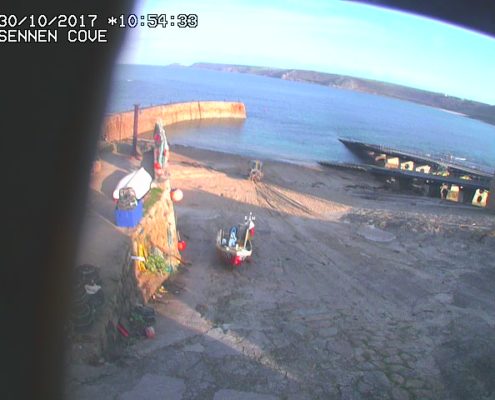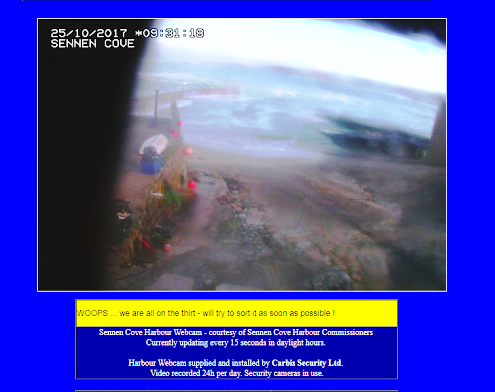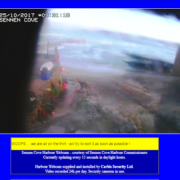Sea on the thirt in Cornwall
Observations from HE Translations linguist and researcher Chris Mawer
Having been a lover of, and visitor to, Cornwall since childhood holidays throughout the 1960s, the decision to retire to the end of the land (I now live less than a mile from Land’s End) seemed a natural choice.
As a linguist the Cornish language has always been of interest to me; over six decades many words now seem very familiar and relatively easy to understand, with similarities to other languages e.g. eglos and église – apparently Breton and Cornish fishermen in the 18th century could converse in their respective languages and understand each other.
Although Dolly Pentreath, who died in 1777, is often cited as the last known person to speak Cornish as a first language, Cornish persisted as a local dialect through the 19th century. Despite this, the language was officially declared “extinct” in the early 21st century. However, there was a gradual and growing movement to revive the language, and indeed a conscious investment in keeping it alive, with the result that Cornish was recently reclassified as “critically endangered“.
So nowadays, even on occasions when the meaning of locally used words isn’t readily apparent, there are usually search results on Google or online Cornish dictionaries. However, when I came across “thirt” recently and could find absolutely no trace of the word either via internet searches or in dictionaries, I resorted to asking locals as to the meaning of what I assumed must be a word which was quite rare even in Cornish dialect.
The context of my discovering the mysterious “thirt” arose as a consequence of the recent gale force winds brought along by Storm Brian at the end of October, 2017.
The harbour webcam was rather unsettled by the strong winds, rendering it skew-whiff and resulting in a slanted view of the harbour.

Sennen Cove
Beneath the image was a yellow notice worded “WOOPS, we are all on the thirt”…
Merriam-Webster was the provider of a possible (and only) clue with its reference to ”thirtover” (variant spelling of “thwartover”, chiefly English dialect, meaning “contrary”).

Sennen-Cove.com website webcam message
Having asked some local “Overhillers” (farmers) I discovered they used it to describe the furrows of autumn ploughing after the harvest when the furrows had to be “shallow”. Another elderly local farmer said it meant “not straight” which certainly fitted with the slanting image provided by the dislodged webcam!
However, when enquiring with the “Covers” (seafarers) I was told that it is actually quite widely used and a common term meaning “slant, tilt, not level”.
So “thirt” is yet another, (and probably the rarest so far), word now added to my ever-growing dialectal dictionary here in Kernow!




